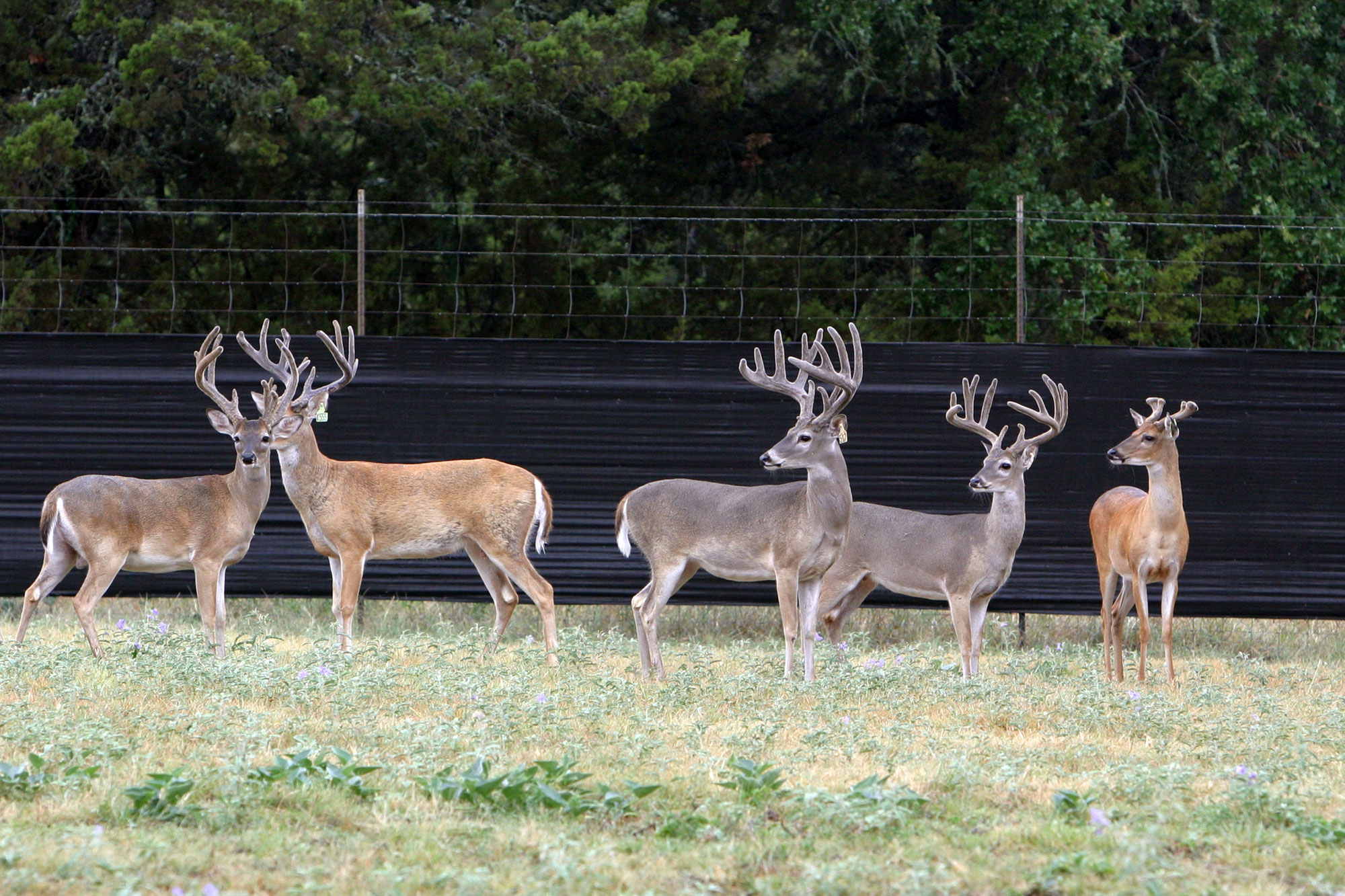By Jennifer Dorsett
Field Editor
The Texas Supreme Court rejected an appeal by deer breeders challenging Texas Parks and Wildlife Department’s (TPWD) Chronic Wasting Disease (CWD) rules and seeking to have breeder deer in the state deemed private property.
Two state-licensed deer breeders filed suit against TPWD, along with the agency’s executive director and two staff members, after TPWD implemented CWD rules to prevent the spread of the deadly disease. The breeders said CWD rules violated procedural due process and sued to have breeder deer established as private property, and therefore, not subject to CWD testing or limitations on their transfer.
In 2017, the 98th District Court issued a summary judgement ruling in favor of TPWD. The breeders appealed the decision, but Texas’ Third Court of Appeals ruled against the breeders and awarded legal fees to TPWD.
Now, the Texas Supreme Court upheld the initial trial court and the appeals court’s prior decision.
The court affirmed the stance that in the state of Texas, the entire white-tailed deer herd, including captive-bred animals held by private breeders, are owned by the public.
“The Texas Supreme Court simply reaffirmed the law as it has always been as stated in the Texas Constitution and in the parks and wildlife code: Native wildlife are the property of the state and the people,” said Joseph Fitzsimons, of Uhl, Fitzsimons, Jewett, Burton, Wolff & Rangel, PLLC in San Antonio. “It’s a public trust, it’s consistent with the North American wildlife conservation model that’s been the model of wildlife conservation in North America for over 100 years, and it’s nothing new.”
Developed during the 1800s, the seven tenets of the North American Model of Wildlife Conservation have shaped the legal framework regarding wildlife conservation and hunting in the U.S. for more than a century.
The first principle, which states wildlife is a public resource, is not only a way of ensuring sustainability of wildlife populations, Fitzsimons said, but makes sure the public interest is protected in case of disease or other threat.
“The deer breeders must have a permit to possess a live deer and to engage in that business, but it does not give them personal property interest in the animal,” Fitzsimons said in an interview with the Texas Farm Bureau Radio Network. “So, what’s important about this is that, in the age of CWD and possibly other wildlife diseases, is the state still can regulate for the benefit of all Texas wildlife and ensure that the best interest of wildlife and the public are protected.”


Great news. Glad to hear of the ruling in favor of TPWD and the Texas deer herd.
Sounds good to me.